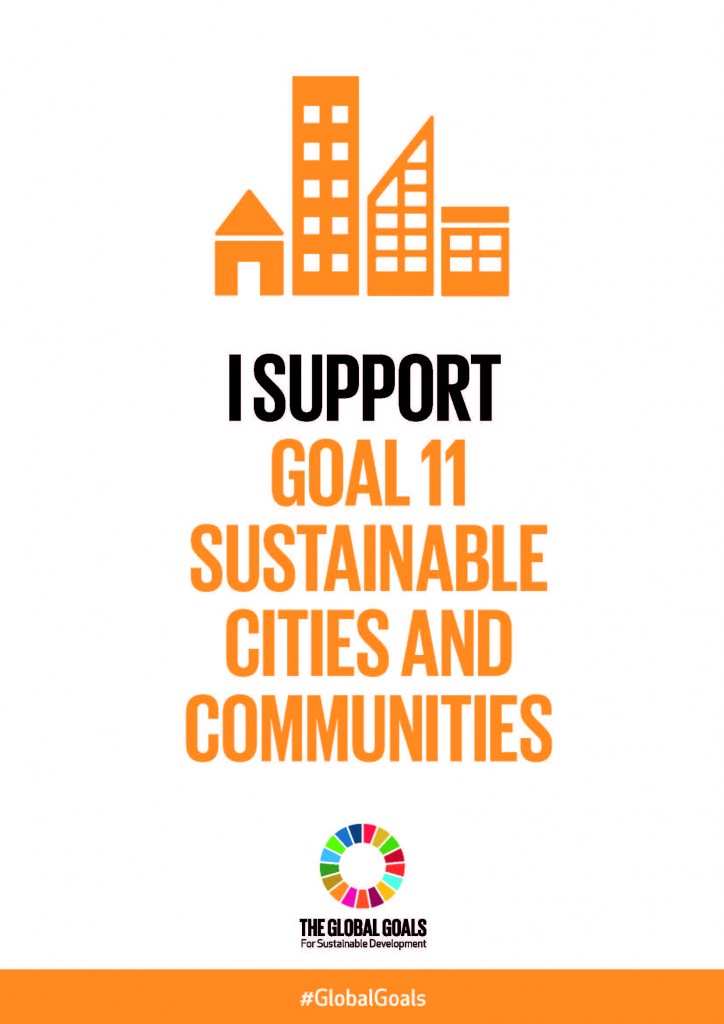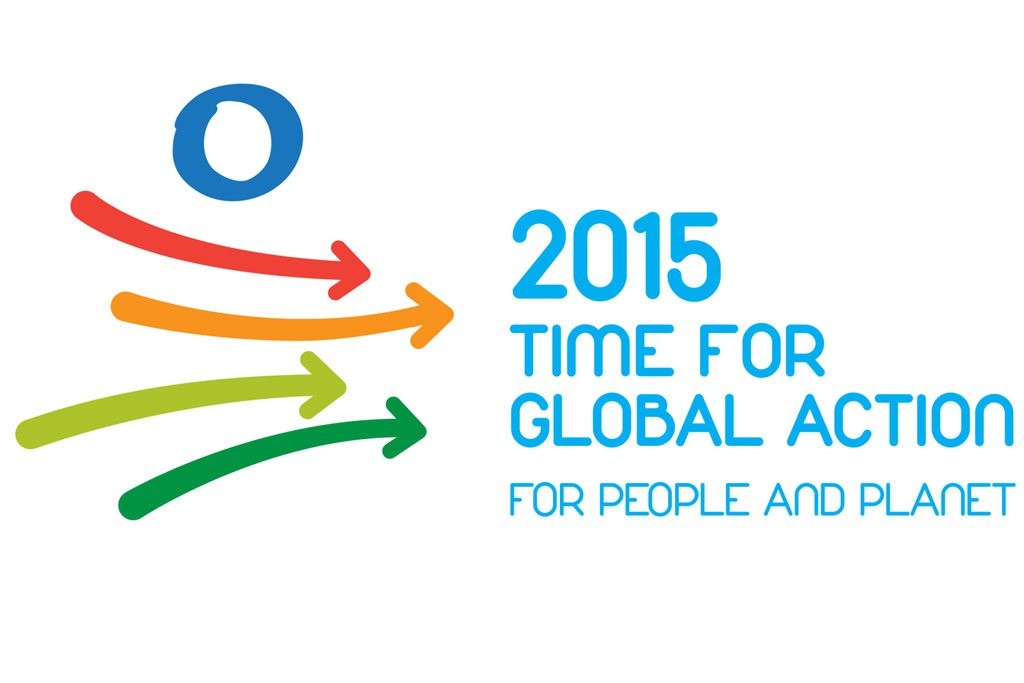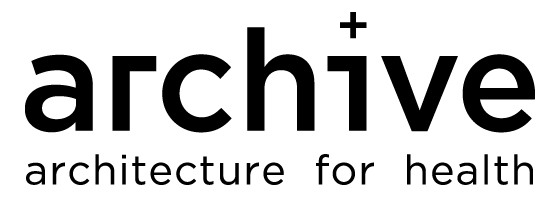Above: The Sustainable Development Goals (SDGs), also known as the Global Goals, are an inter-governmentally agreed set of targets relating to international development. They follow on from the Millennium Development Goals and build on the sustainable development agenda that was finalized by member states during the Rio +20 Summit.

The next iteration of the Millennium Development Goals (MDGs) has been approved by the United Nations and is now called Sustainable Development Goals (SDGs). The SDGs take effect in January 2016 and run through 2030. SDGs are a collection of 17 goals that will form a framework to guide global development and set poverty elimination priorities for countries around the world for the next 15 years.
ARCHIVE Global is focused on supporting the eleventh goal; to “make cities and human settlements inclusive, safe, resilient and sustainable” with a target stating “by 2030, ensure access for all to adequate, safe and affordable housing and basic services, and upgrade slums.” The targets are ambitious and call for a reduction of the number of deaths of people without adequate and safe housing by 2030, with a focus on protecting the poor in vulnerable situations.
ARCHIVE Global’s work has made profound strides in shaping housing at a global level since its establishment in 2006. Here at ARCHIVE Global, we acknowledge that housing is inextricably linked to the many facets of health, livelihood, and poverty. We work at the juncture of public health and housing design to eliminate various communicable and non-communicable diseases. We focus on improving living conditions and health outcomes among some of the world’s poorest communities.
Last year, ARCHIVE Global made major strides in its work, including a pilot flooring and sanitation program in Bangladesh and a Malaria prevention program in Cameroon. ARCHIVE Global programs report 575 people living healthier lives as a direct result of improved housing design, increased home value, better access to credit, and an escape from cyclical poverty for nearly 100 families, and 100,000 people benefiting worldwide from awareness of the links between poor housing and disease.
SDG 11’s targets cover the traditional concerns around housing, slums, transportation and more. In addition, it deals with a plethora of environmental and climate-related issues, including air quality, waste management, resilience, and preparedness around natural disasters. The goal even touches on building sustainable and resilient buildings utilizing local materials.
ARCHIVE Global pays attention to mitigating the adverse per capita environmental impact of cities in SDG 11 by tackling housing related issues such as air quality in less developed countries. Ethiopia is the third largest user of traditional fuels for household energy use and since 95% of its population relies on them, they are often exposed to high levels of indoor air pollution. A number of respiratory diseases are associated with indoor smoke. ARCHIVE Global‘s project in Ethiopia aims to improve respiratory health through environmental design in vulnerable communities in the capital city, Addis Ababa. The proposed program will deliver housing interventions to provide households with improved cook stoves and facilitate airflow and ventilation.

Another complex sustainable development challenge is waste management. ARCHIVE Global is invested in improved sanitation that can be achieved in one of the simplest and most inexpensive ways: building a pit latrine. For example, our project in Bangladesh is aimed at reducing the incidence of food and water-borne diseases through improved sanitation. The project provided 150 improved latrines and health and hygiene training to the village residents of Panpara and Naya Para in Dhaka.
Without sanitation facilities, risks of food and water contamination by human excreta are high and lead to devastating rates of diarrhea – the disease kills 100,000 people in Bangladesh annually. The most impacted are the populations living in extreme poverty, normally peri-urban dwellers – hybrid urban/rural landscapes that face severe environmental and economic challenges – or rural inhabitants on the outskirts of large urban centers. These areas are often outside of municipal boundaries leaving them with no collective or maintained waste management systems.
In keeping with the SDG’s plans, ARCHIVE Global uses low-cost, low-tech, local materials, building models, and local labor. In order to deliver the projects in a locally, sustainable way, we work together with local implementing partners to best alleviate the challenges of our target communities.
ARCHIVE Global’s mission considers the health burden caused by housing and poverty, and understands that by addressing the interrelated problems together in each of our projects, we can achieve more successful and sustainable outcomes.
-Linda Warshaw | Grants Officer
